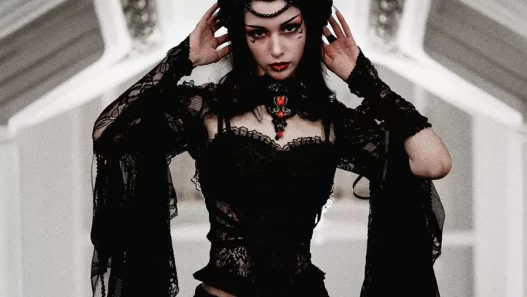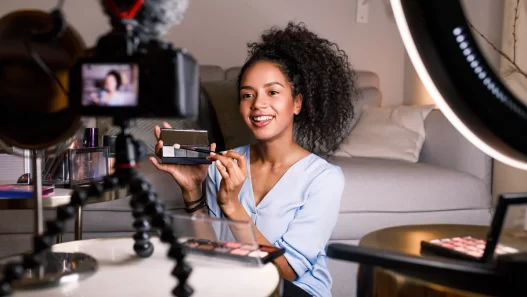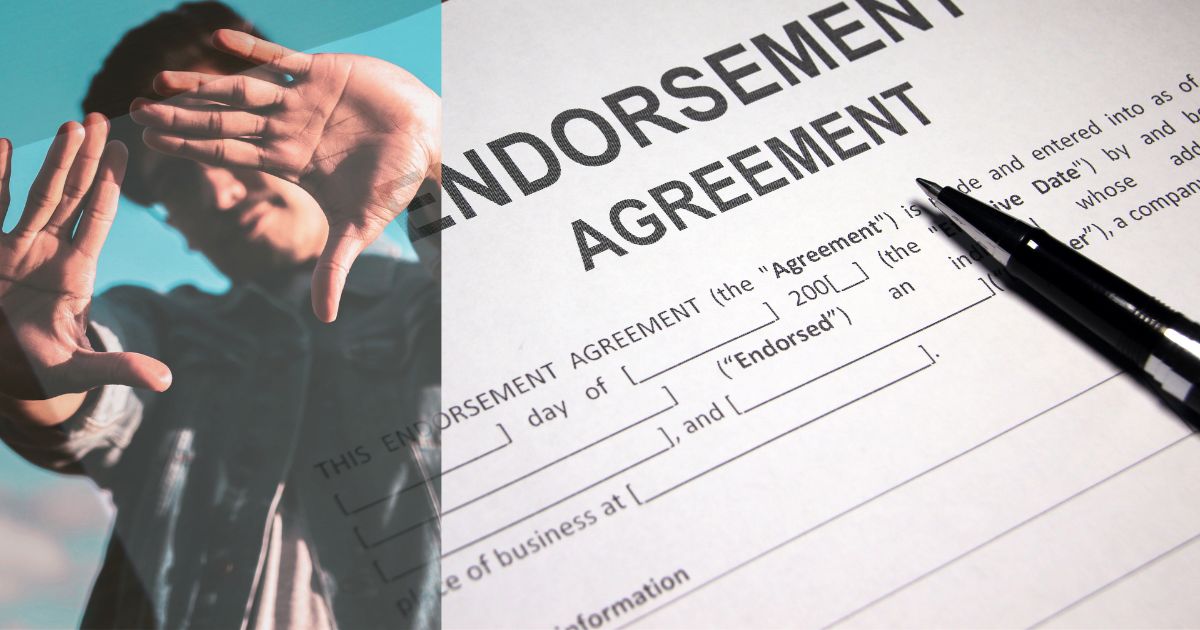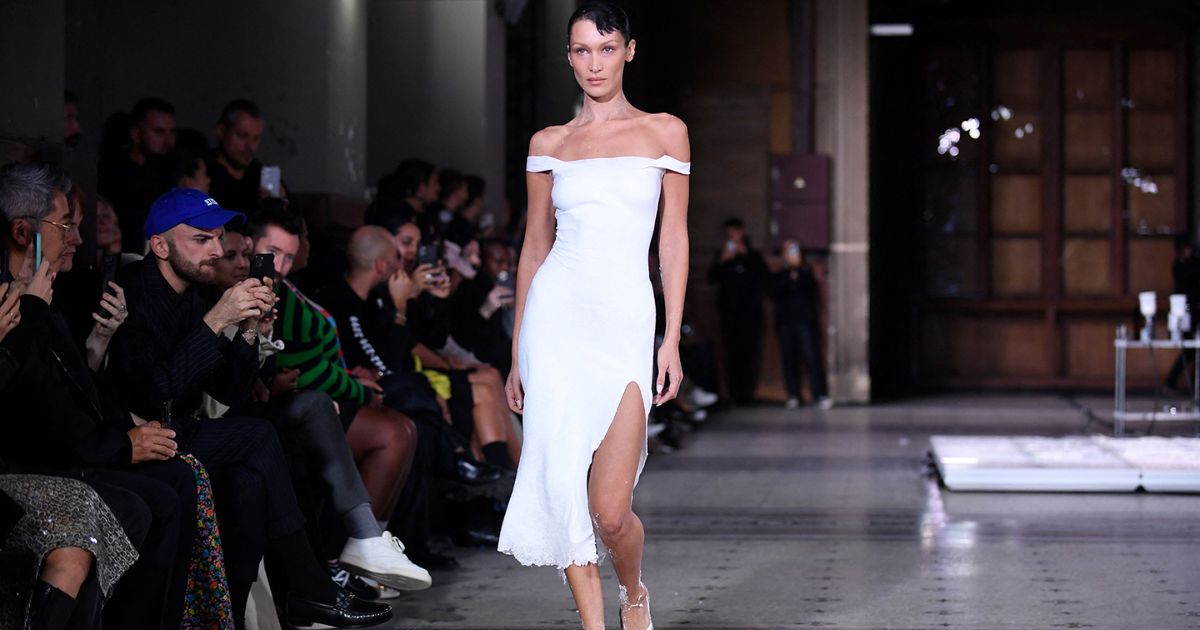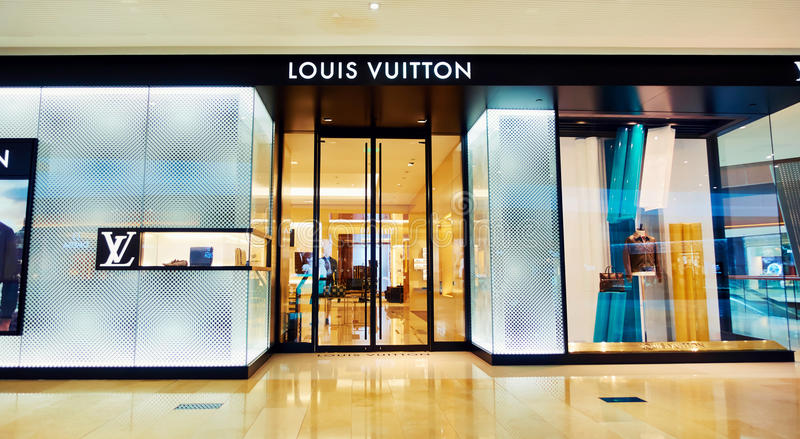As technology pervades every element of the twenty-first century, there has been a significant shift in the way products and services are advertised and sold. Celebrities have become the “go-to” for huge companies/brands when it comes to reaching a relevant audience to market their products in recent years. As a result, celebrities have become associated with the companies they promote.
Celebrity endorsers are referred to as influencers since they provide value to companies and play an important role in raising awareness and influencing customer decisions.
According to the Duff and Phelps Celebrity Brand Valuation Report 2018, celebrity-driven sponsorships have climbed from 650 in 2007 to 1660 in 2017, suggesting a 10% compounded yearly growth rate.
Needless to say, customer trust in their favourite celebrities causes them to pick and get the items and services promoted by their favourite celebrity. As a result, to protect and preserve the interests of consumers at large, such celebrities must guarantee that the statements made in their endorsements are neither deceptive nor baseless. Although there was no complete regulation in place to regulate/track misleading celebrity commercials until recently, the Advertising Standards Council of India (ASCI) Code (“Code”) provides specific rules for celebrities. These standards said that celebrity endorsement claims should not be misleading, inaccurate, or unsupported.
Although there was no complete regulation in place to regulate/track misleading celebrity commercials until recently, the Advertising Standards Council of India (ASCI) Code (“Code”) provides specific rules for celebrities. These standards said that celebrity endorsement claims should not be misleading, inaccurate, or unsupported. According to the recommendations, celebrities were required to be familiar with the Code, although it was also stated that it was the responsibility of the advertiser and the advertising or other agency to make the celebrities aware of such requirements. Besides, the Code obliged celebrities to undertake enough due diligence on the claims and assertions made about the product/service being endorsed to assure the authenticity of their representations. But, the Code, which is always voluntary, does not include any formal punishments or penalties for any misleading or deceptive representations made by celebrities.
But, with modifications to the three-decade-old Consumer Protection Act, of 1986, India’s stance against deceptive marketing and celebrity endorsements has gained traction. The Consumer Protection Act of 2019 (“Consumer Act”) now includes penalties for endorsers who make false marketing. According to Section 21 of the Consumer Act, the Central Authority under the Act may need the discontinuation/modification of a misleading/false advertisement that is harmful to the customer’s interests or violates consumer rights. The Central Authority will also impose a penalty on the endorser of the misleading advertising, up to ten lakh rupees for the first offence and up to fifty lakh rupees for future offences. The Central Authority may also prevent the endorser of false or misleading advertising from endorsing any product or service for a period of one year, and up to three years for each successive violation. But, the only defence open to endorsers to assist them to avoid fines under the Consumer Act is to prove that they used due care to check the accuracy of the claims made in the advertising about the product or service being promoted by them.
The Central Consumer Protection Authority (“CCPA”), which is part of the Ministry of Consumer Affairs, announced new rules last month targeted at reducing deceptive advertisements and endorsements. Endorsers and influencers are “liable” for statements they make in advertisements, must give proof of due diligence on claims made, and must declare any “material link” with the company, such as stock or profit sharing. The rules also prohibit commercials aimed at or depicting minors, as well as “bait” in the form of “free” freebies. Besides, a celebrity also has a responsibility of due diligence to their fan base.
A celebrity is required to undertake adequate research on the truth of the brand’s claim of a product or service to defend and preserve the interests of the general public. It would be irresponsible for a celebrity to accept the manufacturer’s or service provider’s claims without first running a rudimentary test to confirm that the product or service accomplishes what the company promises. In certain countries, influencers may be held accountable for words made during their endorsements, even if they were reading from a script produced by the product or service owner’s maker. As a result, the celebrity influencer is obligated to do independent research before recommending such items.
These changes will affect how contracts between celebrities and such companies/brands are negotiated and drafted because celebrities would now have more responsibility/liability than before the amendment, lawyers representing celebrities will demand comprehensive statements from companies on product quality as well as compliance with product advertisement-related rules. Celebrities will also want strong indemnification terms from businesses to cover any penalties and legal fees in the future. It would also be fascinating to observe how the jurisprudence around the standard of due diligence that celebrities must perform develops in the coming years.
The cost of endorsement contracts in the future may increase. These changes will also make firms and celebrities more cautious about the products/services they advocate and the promises they make. The Consumer Act will so assure stronger consumer protection.
Author: Shivangi Desai





